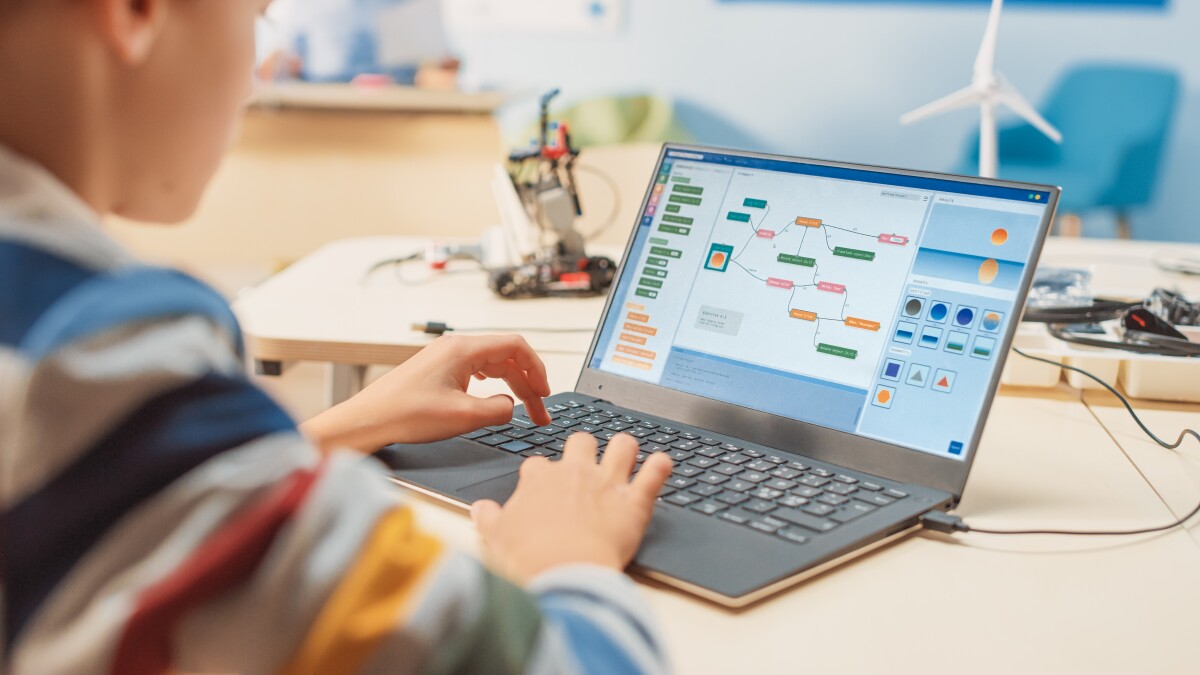For the third year in a row, the primary obstacle hindering districts’ ability to achieve outstanding student outcomes is the recruitment and retention of staff, as per a recent report from the Consortium for School Networking, a nonprofit organization that represents school district technology leaders.
Based on the “Driving K-12 Innovation report,” which gathered insights from over 140 educators and IT professionals, the imminent challenges for school districts revolve around cybersecurity and the integration of innovative solutions in education.
In the report overseen by Laura Geringer, the project director, the crucial role of artificial intelligence (AI) in transforming K-12 education is underscored, with generative AI being a central theme in discussions surrounding various educational obstacles.
Amidst concerns over academic performance and the swift evolution of educational technology, especially the incorporation of generative AI and the escalating cybersecurity risks, cultivating a culture of innovation in public education emerges as a paramount focus.
Lauren Owens, the newly appointed technology executive at the Agua Fria district in Arizona, emphasizes generative AI, cybersecurity, and staffing as the primary areas of focus crucial for educational institutions globally, regardless of their specific location or demographic.
Teshon Christie, the chief of digital transformation and innovation at the Highline district in Washington, highlights the adverse effects of staff shortages on student learning outcomes and professional development endeavors in schools, compounded by increased workloads and difficulties in retaining qualified educators.
The ongoing challenge of recruiting and retaining proficient educators is linked to issues such as social and emotional exhaustion and relatively lower salaries in the education sector, resulting in a talent drain towards more lucrative opportunities in the private sector.
To meet the demand for innovation and adapt to the swiftly evolving educational environment, educators are exploring innovative approaches like competency-based grading, enhancing leadership skills, and fostering student autonomy in learning processes.
Recommendations from the report propose harnessing generative AI, adaptive technologies, and establishing a more interconnected digital learning ecosystem to facilitate seamless access to learning materials and encourage collaboration among students and teachers.
In response to these challenges, the Agua Fria district is actively formulating a strategic plan to integrate AI into its organizational framework and considering the adoption of a large language model to boost educators’ effectiveness.
Likewise, the Highline district is preparing its staff to efficiently leverage AI for instructional and operational purposes, with the aim of streamlining processes and dedicating more time to student support and learning initiatives.










